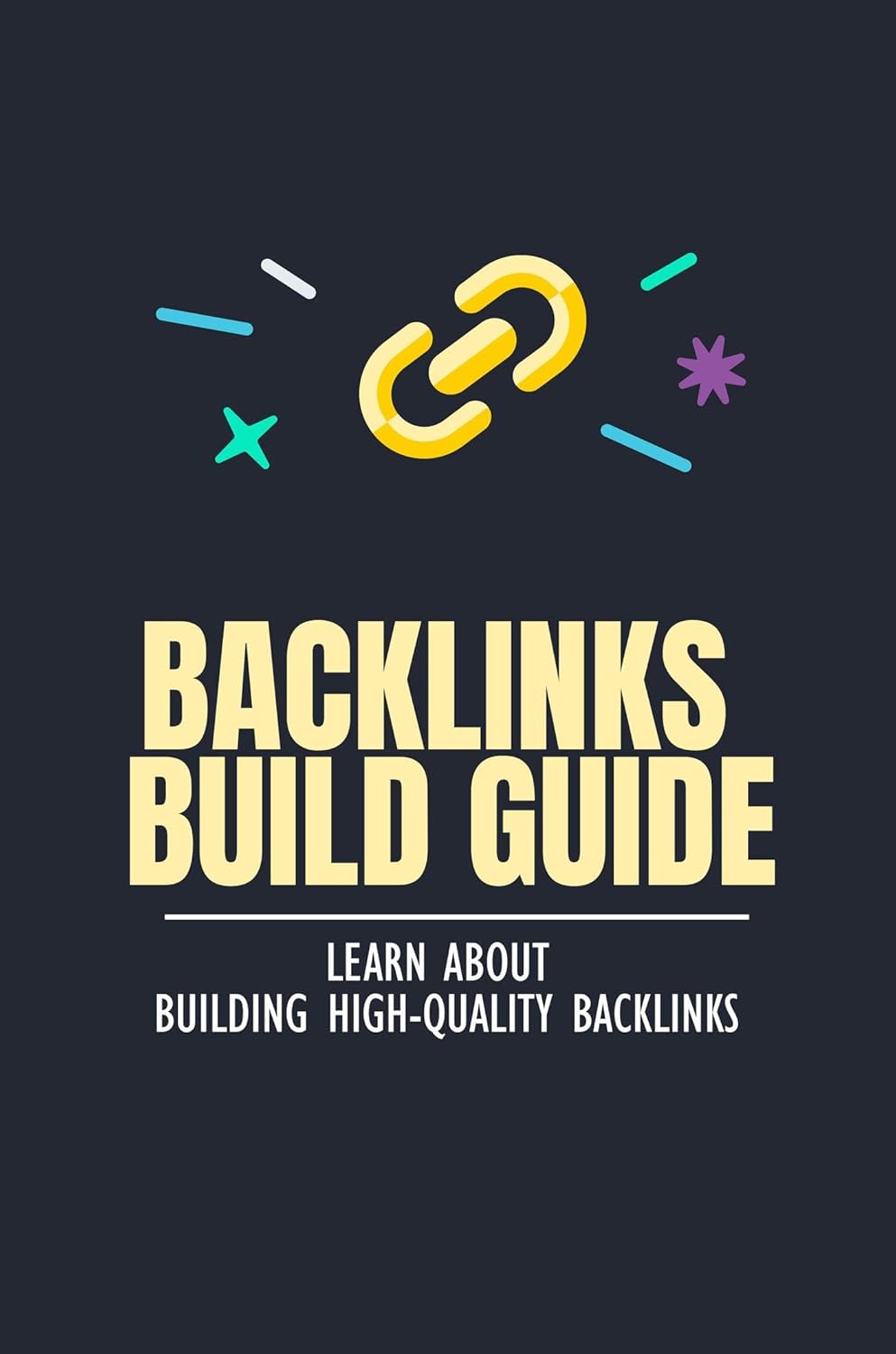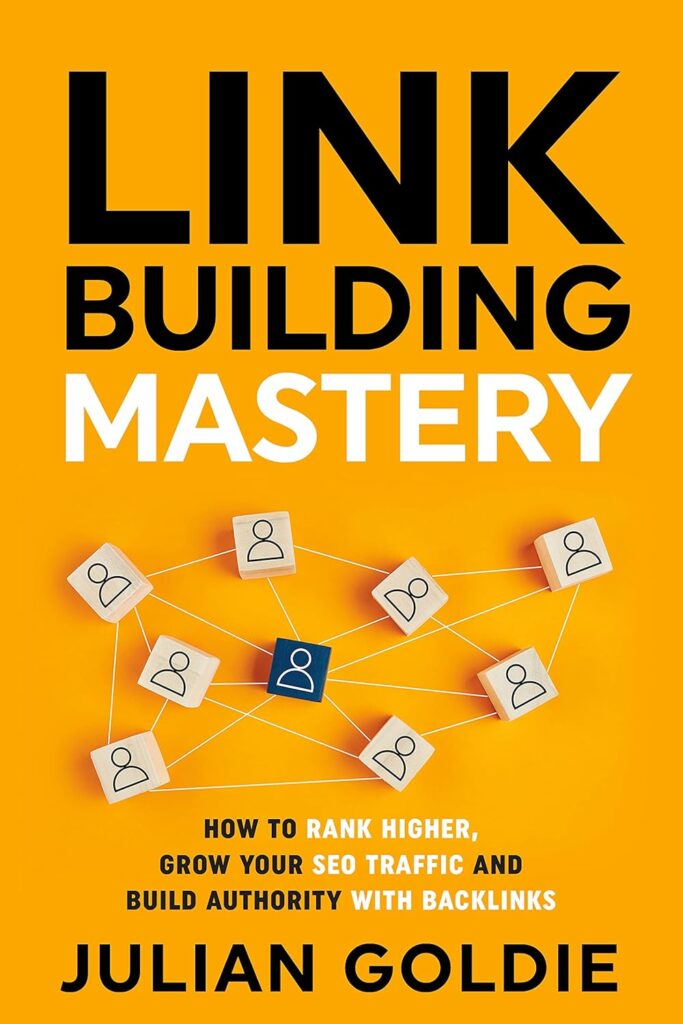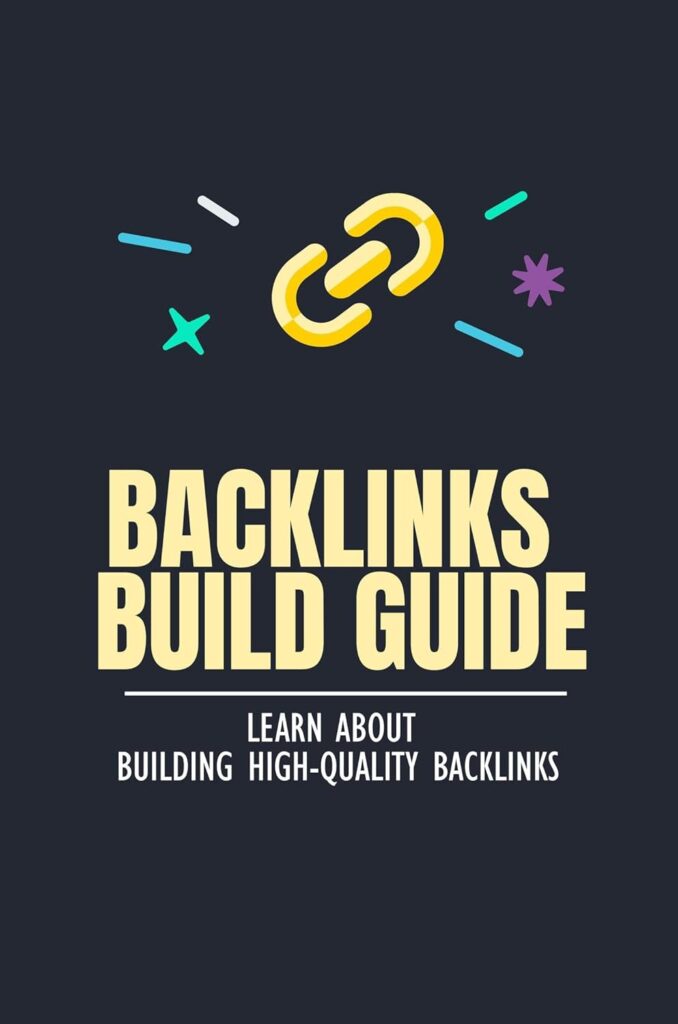Backlinks have been thought to be one of the most important factors for ranking a site on Google for many years. They act as “votes” from other sites meaning that other sites believe that your content is valuable and should be ranked high by the search engine. However, the question arises: how to rank on Google without backlinks? The short answer is yes, it is possible, but it needs a proper planning and optimization concentrating on other factors that define the rank.
In this guide, you’ll learn if it is possible to rank a website on Google without backlinks and how to do that. Now let’s look at the details.
What Are Backlinks and Why Are They Important?
Definition of Backlinks
Importance of Backlinks in SEO
Authority Boost: Backlinks that come from other sites are considered more authoritative and the site with more backlinks is considered more authoritative.
Indexing Aid: Backlinks assist Google in how fast it can discover and index pages.
Relevance Signal: Links from other sites that are relevant to the subject matter of your site prove that your content is relevant to certain areas of interest.
However, backlinks are not the only factor that will dictate the rankings of the web pages. That is why websites can rank without them, but only if other factors are optimized properly.
Is It Possible to Rank Without Backlinks?
The short answer is yes, but it is not easy. Google’s algorithm takes into account more than 200 factors and where backlinks are weak in some cases other components such as, fresh and quality content, good user experience, strong site architecture, and technical aspects can deliver success for a website.
Key Factors That Help Websites Rank Without Backlinks
1. High-Quality Content
Content remains king in the world of SEO. When your content provides unique value and addresses user queries comprehensively, it can rank independently of backlinks.
Characteristics of High-Quality Content
Original and detailed information
Proper formatting with headings, bullet points, and lists
Use of keywords naturally without overstuffing
2. Keyword Optimization
Choosing the right keywords and integrating them strategically into your content is crucial. Long-tail keywords, in particular, can help rank without backlinks due to their lower competition.
3. On-Page SEO
On-page SEO focuses on optimizing individual web pages to rank higher. This includes:
Using meta titles and descriptions rich in keywords.
Structuring content with H1, H2, H3 headings.
Including alt text for images.
Ensuring keyword density is natural and effective.
Google prioritizes websites that deliver an excellent user experience. Factors such as page speed, mobile responsiveness, and intuitive navigation can significantly impact rankings.
Steps to Rank a Website Without Backlinks
Step 1: Perform Keyword Research
Focus on low-competition, long-tail keywords that are easier to rank for without backlinks. Tools like Google Keyword Planner, Ahrefs, and SEMrush can help identify these opportunities.
Step 2: Create Exceptional Content
Write content that directly answers user questions. Aim for a conversational tone and use examples, statistics, and visuals to enhance engagement.
Step 3: Optimize On-Page Elements
Ensure your page structure is optimized with:
Keyword-focused headings
Clear meta titles and descriptions
Internal linking to connect related content within your site
Step 4: Improve Technical SEO
Ensure your website is technically sound by:
Using a mobile-friendly design
Optimizing page load speed
Creating an XML sitemap and submitting it to Google Search Console
Step 5: Leverage Local SEO
If applicable, focus on local SEO by optimizing your Google Business Profile and targeting location-specific keywords.
Step 6: Use Social Signals
While not a direct ranking factor, social media shares and engagement can drive traffic to your site and enhance its visibility.
Several websites, particularly niche blogs and informational pages, have managed to rank on Google without backlinks. These sites often rely on high-quality content targeting specific keywords with low competition.
Challenges of Ranking Without Backlinks
1. High Competition
In competitive niches, backlinks often make the difference between ranking on the first page and being lost in obscurity.
2. Time-Intensive Process
Ranking without backlinks typically takes more time and effort compared to leveraging a strong backlink profile.
3. Limited Reach
Without backlinks, your site’s exposure to new audiences may be limited, affecting long-term growth.
Advantages of Ranking Without Backlinks
1. Cost-Effectiveness
Building backlinks often requires significant investment in outreach or paid tools. Ranking without them can save money.
2. Focus on User Intent
A backlink-free strategy forces you to concentrate on delivering what users need, fostering organic engagement.
Tips to Maintain Rankings Without Backlinks
Regularly Update Content: Keep your content fresh and relevant.
Monitor Analytics: Use tools like Google Analytics to track performance and adjust your strategy as needed.
Engage with Your Audience: Respond to comments and feedback to build a loyal user base.

Conclusion
However, backlinks are not the only way to rank high on Google and they are still a powerful ranking factor. With optimization of the content, keywords, usability, and SEO, they indicate that being ranked on the website without other backlinks is possible. But this method comes with a necessity to be patient, persistent and armed with the knowledge of SEO basics.
If you’re starting a new website or working in a niche with low competition, the backlink-free strategy might be your best bet. Ultimately, ranking on Google is about meeting user needs and demonstrating value, with or without backlinks.




